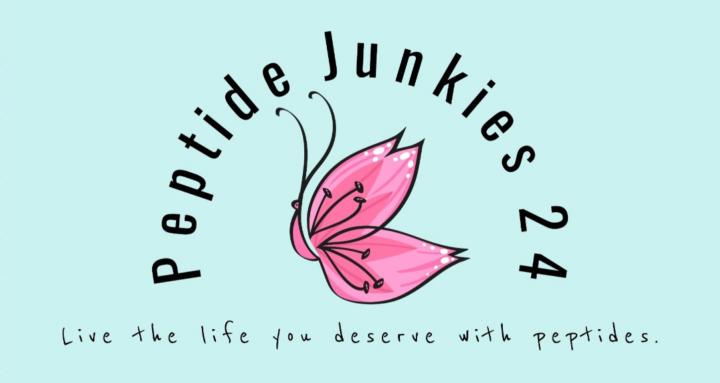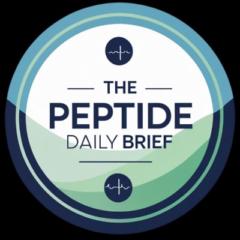12h • General discussion
⚠️ Bribery, Mega-Doses, and the Battle for Control
The State of Texas has filed suit against Eli Lilly, accusing the pharma giant of bribing providers to prescribe its blockbuster GLP-1 drugs Mounjaro and Zepbound .
According to court filings, Lilly funneled kickbacks to clinics and prescribers to ensure its products dominated the pipeline — while patients were quietly denied their right to smaller, safer doses from compounding pharmacies.
The corruption goes beyond money changing hands. It’s a direct assault on patient choice. Doctors, incentivized by corporate payouts, steer prescriptions away from compounding pharmacies that specialize in individualized dosing. Even when patients request it, their prescriptions are blocked.
That’s not medicine. That’s cartel behavior.
And in a bizarre twist, Lilly’s legal defense has even cited Reddit threads about side effects as “evidence” in their case . A multi-billion-dollar corporation leaning on internet forums to shape the narrative shows just how flimsy their defense really is.
🕵️ The Playbook
This lawsuit shines a light on a well-worn Big Pharma strategy:
- Bribe prescribers → Secure dominance in clinics and telehealth pipelines.
- Block competition → Deny patients access to compounding pharmacies offering safer, lower-dose options.
- Control the dose → Engineer mega-dose protocols that maximize profit, not safety.
- Weaponize the narrative → Smear smaller compounders and self-directed care as “unsafe” while scraping Reddit to justify their monopoly.
💊 Why the Dose Matters
Paracelsus said it centuries ago: “The dose makes the poison.”
Big Pharma has learned to engineer the perfect profit dose — not the safest dose. Why?
- Production costs: It costs pennies to make these molecules.
- Insurance coverage: Only certain dosing levels trigger maximum reimbursement.
- Profit calculus: Push the highest dose that balances manufacturing cost and insurance payouts, even if it drives more side effects.
The side effects aren’t a flaw of the system — they’re built into the model. Because every new complication means more prescriptions, more insurance billing, and more revenue.
Meanwhile, compounding pharmacies emphasize smaller, safer, individualized dosing. But that doesn’t generate blockbuster profits, so the system actively works to shut them down.
🧨 Why It Matters
This case is bigger than one lawsuit:
- Corruption is systemic → When doctors take bribes, they don’t just push one drug; they betray patient trust and erase patient choice.
- Smaller producers are erased → Compounding pharmacies are being villainized and sidelined, even though they often provide safer, more tailored care.
- Narratives are weaponized → By citing Reddit posts and attacking compounders, Big Pharma isn’t just defending itself — it’s actively trying to destroy self-directed care.
If they succeed here, it creates a precedent: you don’t get to choose safer, smaller-dose options. You get whatever the system decides is most profitable.
🌐 Why We Exist
The Peptide Daily Brief exists because this corruption rarely makes it to mainstream headlines. We’re here to expose the bribery, the hypocrisy, and the quiet war against individualized medicine.
And it’s why we built Stack Tracker. Not just as a tool, but as a haven for the Optimized Individual — the n=1 biohacker who refuses to let their protocols, their data, or their freedom be erased. Stack Tracker is our contribution to this fight: a tool to preserve knowledge, empower choice, and resist censorship.
👉 Question for the group:What’s more dangerous: Big Pharma’s mega-dose framework itself, or the corruption that blocks patients from accessing anything safer?
1
0 comments

skool.com/kristinas-peptide-junkies-24-4251
Peptide lovers unite!!! ♥️
Powered by




